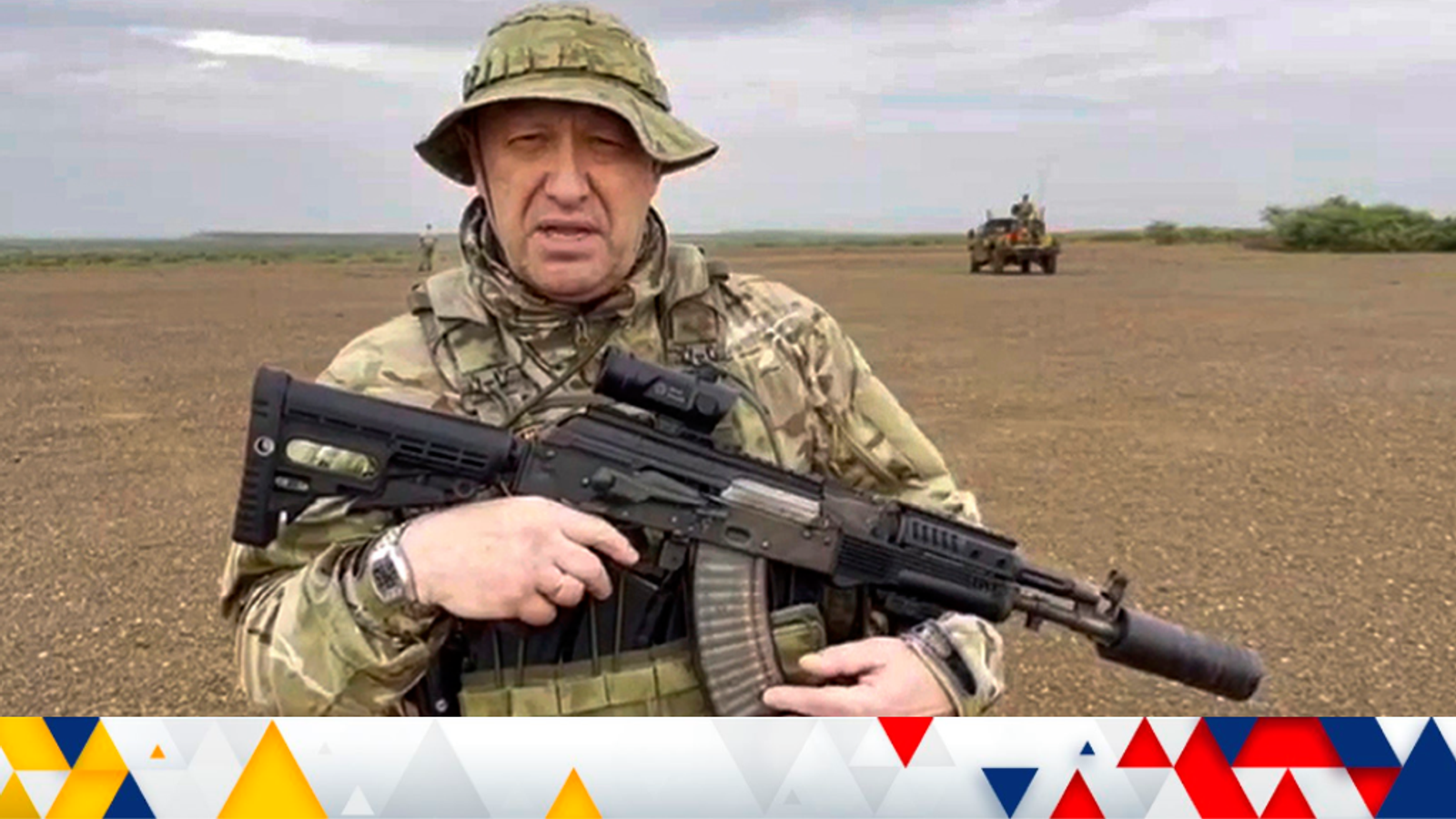The European Medicines Agency has launched an investigation into the Oxford-AstraZeneca jab after reports of blood clots in vaccinated people.
At present there is no firm evidence to suggest the two are linked and incidents of clotting have not been reported in the UK.
The Danish Health and Medicines Authority has suspended the use of the vaccine in Denmark for at least 14 days while investigations are carried out. They did not say how many reports of blood clots there had been.
Live updates on COVID from the UK and around the world
Søren Brostrøm, director of the National Board of Health said: “We are in the middle of the largest and most important vaccination rollout in Danish history.
“And right now we need all the vaccines we can get. Therefore, putting one of the vaccines on pause is not an easy decision.
“It is important to emphasize that we have not opted out of the AstraZeneca vaccine, but that we are putting it on hold.
“There is good evidence that the vaccine is both safe and effective.”
It comes as Austrian authorities said they were halting the use of a batch of the vaccine after two people also developed clots.
The first person developed multiple thrombosis (formation of blood clots within blood vessels) and died 10 days after vaccination, while another was hospitalised with pulmonary embolism (blockage in arteries in the lungs) but is now recovering. Two further cases linked to the batch were also reported.
The affected batch of one million doses was delivered to 17 EU countries, the Austrian national competent authority said.
The batch is not likely to have been used in the UK, Sky’s science correspondent Thomas Moore said.
As of 9 March, 22 cases of thromboembolic events had been reported among the three million people vaccinated with vaccine in the European Economic Area, the body added.
There have been reports in Estonia, Lithuania, Luxembourg, Latvia – but not at a higher rate than would be expected in the general population. The use of the jab has also been paused in these nations.
Spain has not registered any such cases and will continue administering the shots, health minister Carolina Darias said on Thursday.
“So far, no causal relation between the vaccine and the blood clot events has been established”, Ms Darias said, adding that the European regulator EMA is evaluating the situation.
The AstraZeneca rollout in the EU has been bumpy due to shortages, delays and concerns from some states over its use in over 65s.
The vaccine was approved for all adults by the EU’s drugs regulator but it is up to each member to set out its own policy, with many initially saying an early trial did not have enough data on the effectiveness on over 65s.
In the UK the AstraZeneca vaccine has helped the rollout progress at speed since it began being used alongside the Pfizer vaccine in January, with 22,809,829 people now given a first jab.
Boris Johnson has previously said he is “very confident” about all the vaccines being used and that he has “no doubt that vaccines generally are going to offer the way out” of the pandemic.
An AstraZeneca spokesperson said “Patient safety is the highest priority for AstraZeneca.
“Regulators have clear and stringent efficacy and safety standards for the approval of any new medicine, and that includes COVID-19 Vaccine AstraZeneca.
“The safety of the vaccine has been extensively studied in Phase III clinical trials and Peer-reviewed data confirms the vaccine has been generally well tolerated.”
Oxford University declined to comment on the reports.
Analysis by Thomas Moore, Sky News science correspondent
Nearly 23 million people in the UK have now had at least one dose of a COVID vaccine – and many, if not most, will have had the AstraZeneca-Oxford jab.
Yet there have been no reports of blood clots to the medical regulator, the MHRA.
There is comprehensive system for medical professionals to flag side effects, called the Yellow Card system, and the MHRA publishes weekly statistics.
There really isn’t anything out of the ordinary in its latest report – muscle soreness, fever, headache are by far the most common adverse reactions.
The reports of clots on the continent have all been after immunisation with one batch of the vaccine, which will almost certainly be made in a different factory to the jab used here in the UK.
The European Medicines Agency is investigating but says that 22 cases out of three million people is no higher than would be seen in people who haven’t had the vaccine. Blood clots can be caused by many medical conditions.
These are new vaccines and people are on watch for any potential side effects – and with heightened vigilance they are more likely to spot issues that would normally go unnoticed.
Certainly here in the UK there seems no reason to be worried about either of the vaccines being used.




